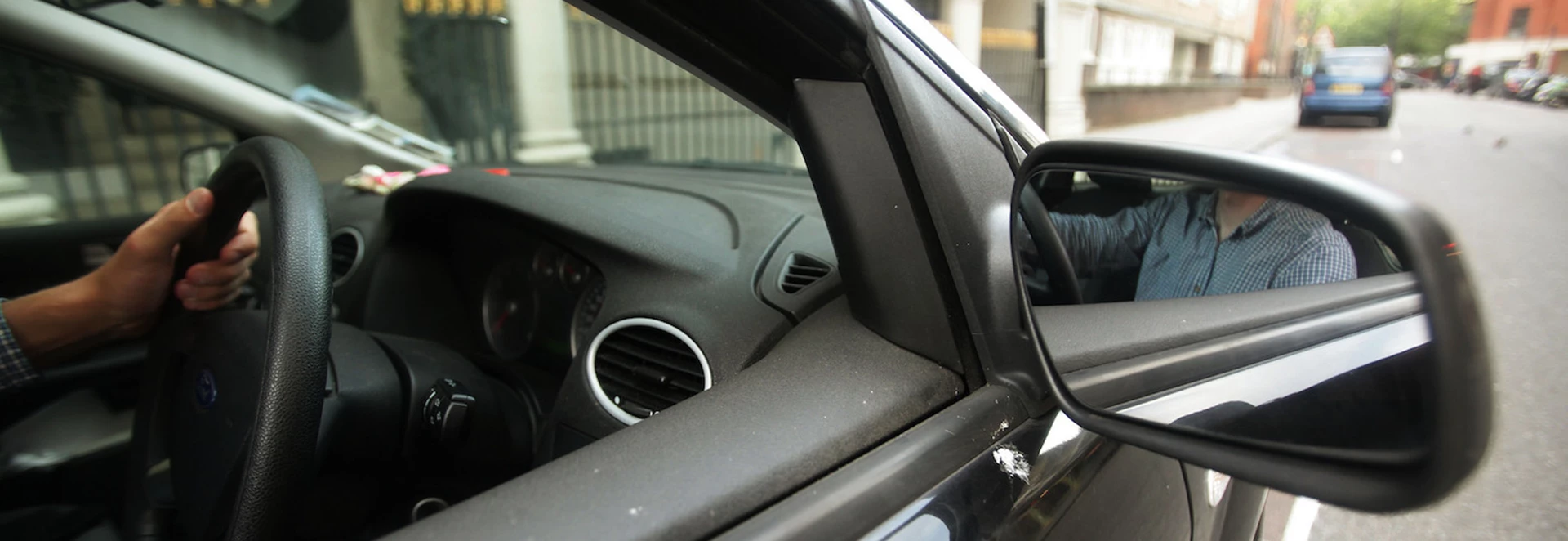Scams by text and email are nothing new, but the Driver and Vehicle Licensing Agency is sending further warnings out about messages being sent to British motorists about tax payments.
Posting on social media examples of the texts and emails, the DVLA is emphasising that these methods are unquestionably illegal and should be ignored.
This latest raft of ‘phishing’ scams could cost drivers if they follow through with them – with some of the fake communiques saying people have to pay £1,000.
We explain how to combat this scam…

What do the messages look like?
The DVLA has been posting images of the texts and emails that claim to come from the motoring agency – but instead lead to a fake website that have been mocked up to look like the DVLA’s payment portal.
Some of the messages come with specific amounts that are owed, while others just ask the person to follow the link.
Beware of vehicle tax #scams like these and remember, the only place to find government information and services is https://t.co/enPcEZ2vbk pic.twitter.com/WnMXVkzIIx
— DVLA (@DVLAgovuk) January 26, 2019
DVLA does not send text messages telling you that your vehicle tax payment has failed. If you receive a message like this, it’s a #scam https://t.co/X5RpAUXvU3 pic.twitter.com/UVPSJqPsmq
— DVLA (@DVLAgovuk) January 29, 2019
The simple message here from the DVLA covers exactly why these messages should be ignored:
“We don’t send emails or text messages that ask you to confirm your personal details or payment information, such as for a vehicle tax refund.”
Pretty clear then.
What should you do with these messages?
Simple – delete them immediately, because if you follow through with the link in the messages, scammers will have access to your banking information and could take significant amounts of money out of your account.
This isn’t the first time the DVLA has had to warn British motorists about this sort of problem, as the agency has been circulating messages on this subject for the past year on its social media channels.
The DVLA sends out one simple message about changing information and details concerning your vehicle and payments:
Only use GOV.UK so you can be sure that you’re dealing directly with DVLA
and
Never share images on social media that contain personal information, such as your driving licence and vehicle documents.
If you see any websites that have DVLA in the name or try to mislead you by using the old ‘green triangle’ logo on their page, then report them to Action Fraud – who look into online scammers and fraudsters.




